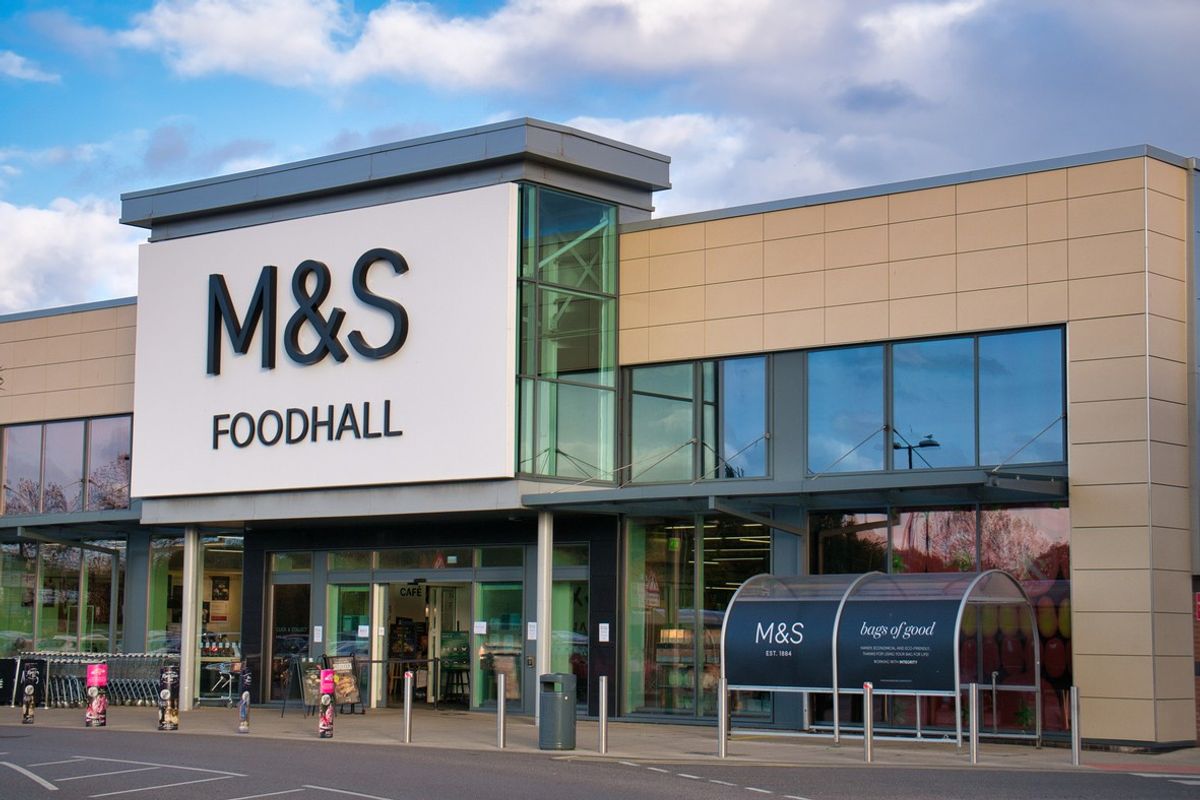Retailer Marks & Spencer forecast "further progress" in the balance of the year after reporting a better-than-expected 17.2 per cent rise in first-half profit, helped by market share gains, adding to evidence its latest turnaround plan is working.
After over a decade of failed revival efforts, M&S under chief executive Stuart Machin is reaping the rewards of a costly programme to improve the value and quality of its food and clothing, overhaul its store estate, upgrade its technology and e-commerce operations and modernise its supply chain.
The group made profit before tax and adjusting items of £407.8 millionin the six months to 28 September - ahead of analysts' consensus forecast of £361m and the £348.m made in the same period last year.
Revenue rose 5.7 per cent to £6.48 billion, with food sales up 8.1 per cent and clothing and homeware sales up 4.7 per cent.
"In the first five weeks of the second half overall trading remains on track and we are confident of making further progress in the remainder of the year," M&S said.


